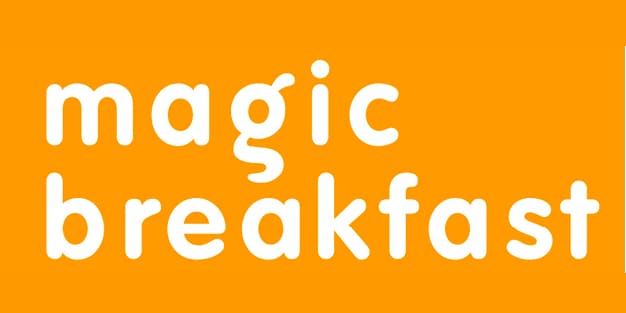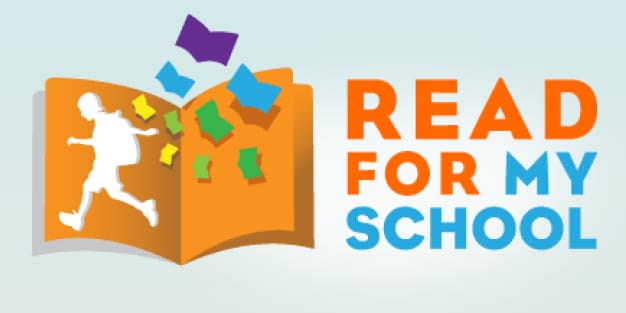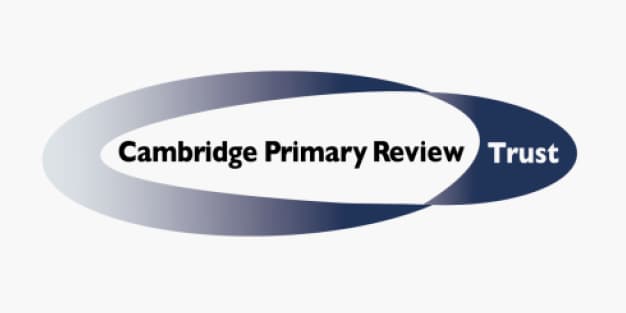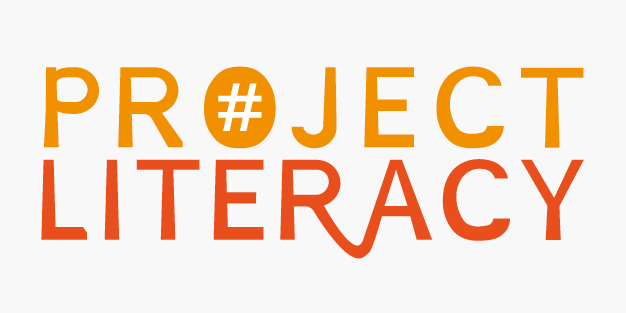
Pearson Primary manifesto: #3 We work with charities that really make a difference to children's lives.
Alongside our commitment to making resources that have a measurable impact on children’s lives, we seek out and support charities that are equally dedicated to helping people make progress in their lives through learning.
Feeding imaginations (and tummies)

We know for example a child’s ability to concentrate is seriously impaired when they come to school hungry, as sadly an estimated 700,000 children in the UK do each day. So we’ve donated over £64,500 to Magic Breakfast and voted them our charity of the year for three years running. Donate to Magic Breakfast.

Reading for pleasure isn’t just fun but also a key indicator of future academic success; that having books at home and being read to from an early age is crucial to making this happen. That’s why, through Booktime, we’ve given away over 10 million books to Reception-aged children, and why we’re extremely proud to sponsor the annual national Read for my School competition that has over 200,000 children in over 3500 schools reading one million books each year.

To help facilitate the sharing of outstanding teaching and leadership practice, we’re working with the Cambridge Primary Review Trust to help schools to build an outstanding, creative curriculum in a principled, evidence-based way. Plus we’re proud to sponsor the Pearson Teaching Awards, giving a platform for rewarding and recognising the unsung heroes that are so vital to our children’s futures.

So many children all over the world are far less privileged than our own children, which is why Pearson has been working with Book Aid International since 1980, donating over 2.5 million books, including many of our primary titles.

Literacy is the key to transforming lives. So, Pearson has embarked on a campaign to inspire new collaboration on the evolving challenges and opportunities around literacy. If Project Literacy was to achieve one thing in the next five years, what would it be? Do share with us at #projectliteracy.

And lastly but certainly by no means least, Save the Children and Pearson have launched an ‘Every Child Learning’ partnership, to help out-of-school children caught in the Syrian refugee crisis access quality education.
Providing education for children in conflict and emergency settings presents many unique challenges. Over the course of the three year partnership, Pearson has committed £1 million to work with Save the Children to identify and develop solutions for delivering education in emergencies, drawing on the expertise and assets of both organisations. Of course, the credit for all these achievements goes to the wonderful organisations we work with. We are honoured to be able to play a part in making them happen.

